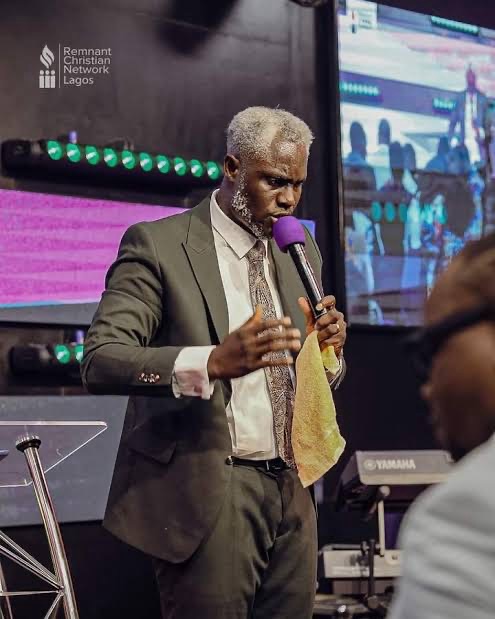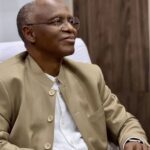In a surprising twist that has ignited conversations across Nigeria, Pastor Kesiena Esiri of Remnant Christian Network, Warri, has pointed fingers at TikTok influencer Peller for the widespread failure in the 2025 JAMB (Joint Admissions and Matriculation Board) exams.
The pastor made his controversial comments during a church sermon, blaming social media content creators for distracting students and contributing to their poor academic performance.
Pastor Kesiena is a well-known preacher with a significant following in Delta State. He is recognized for his fiery sermons and moral outcries against modern societal behaviors. In his recent message to his congregation, he expressed frustration over what he perceives as the negative impact of social media on the youth, particularly blaming influencers like Peller and Jarvis for drawing attention away from education. He even cited his own children’s poor performance in the JAMB exams as evidence of the damage caused by these online distractions.

The pastor’s remarks quickly went viral, sparking a response from Peller, who is famous for his comedy and lifestyle videos on TikTok. Peller took to his platform to reject the accusations, stating that he cannot be held responsible for students’ failures. He argued that viewers choose what to watch and that parents and schools should take more responsibility for guiding students academically. He also accused Pastor Kesiena of using his name to attract attention and boost church attendance, threatening legal action for defamation if the narrative continued.
This war of words has since divided public opinion. While some support the pastor’s concerns over the addictive nature of social media and its effect on students, others defend Peller and highlight the need for personal discipline and parental supervision. The incident has also shed light on broader issues around education, technology, and accountability in Nigeria.


